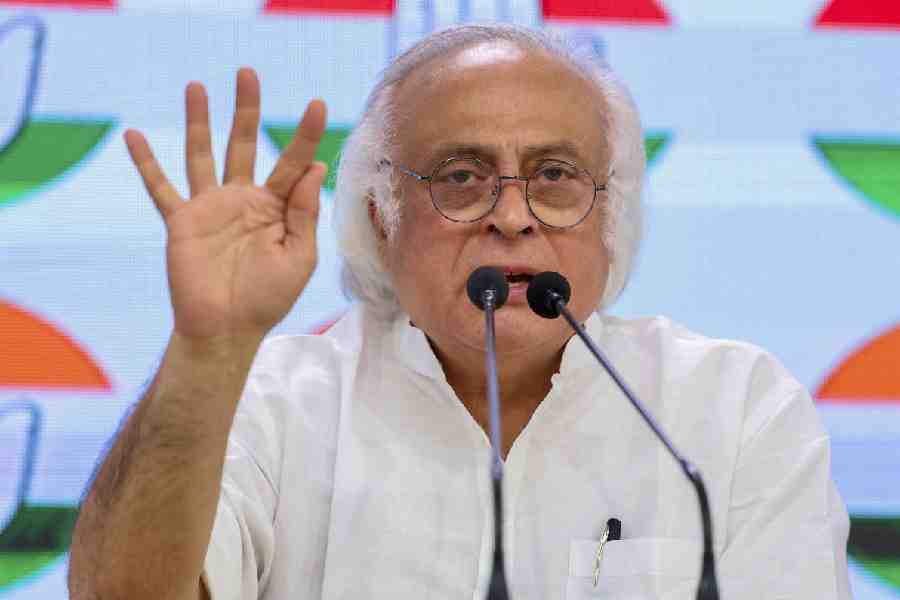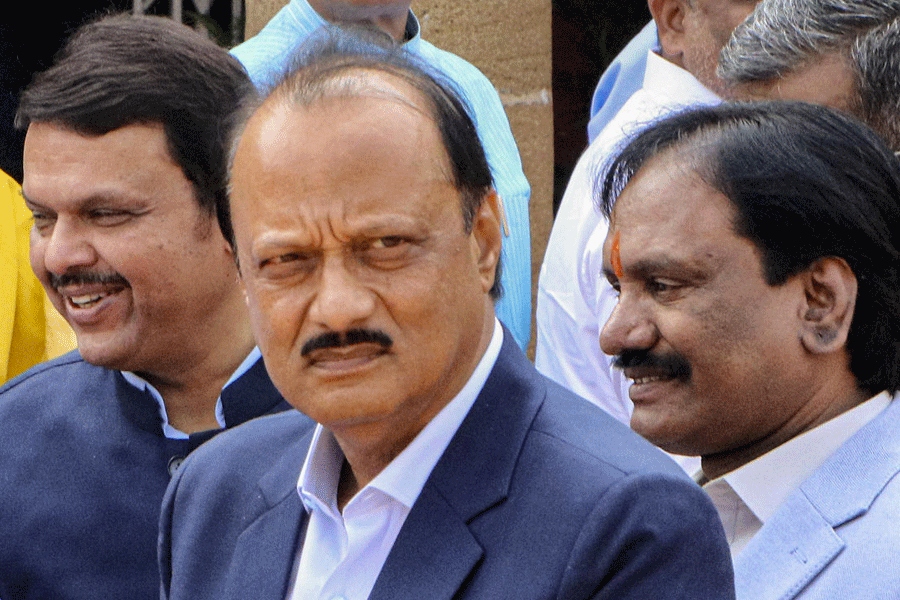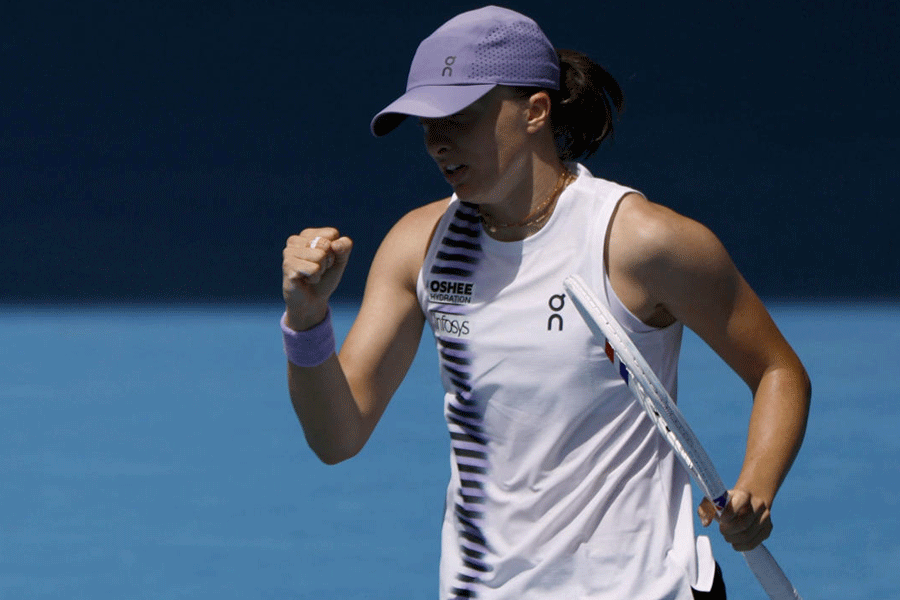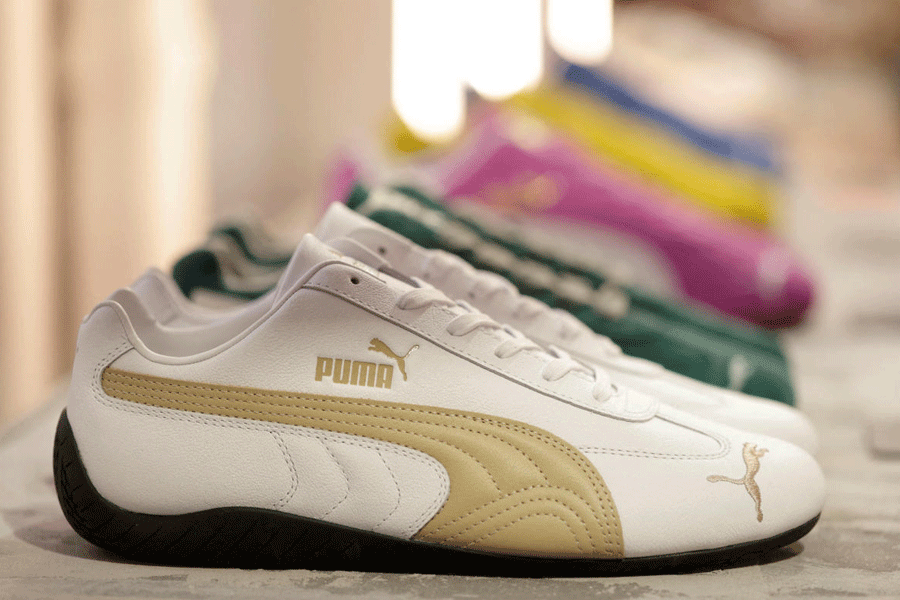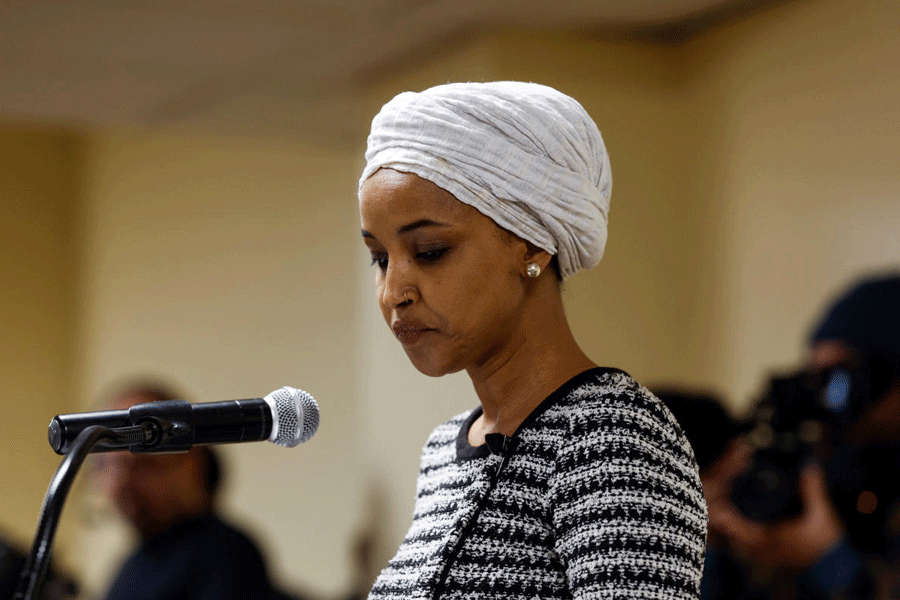.jpg) |
.jpg) |
.jpg) |
 |
| BACK TO THE ROOTS: Models sport Desi Threads and Desi Wear T-shirts (photos by jef harris) |
It began as an experiment in a basement. Today, it’s not just a multi-million dollar business but a veritable slogan as well. ‘Be Indian, buy Indian,’ said patriotic Indians eons ago. ‘Be Desi Cool,’ says their progeny in the West ? wearing T-shirts that celebrate their roots.
Entrepreneurs in the West are coming up with T-shirt lines that appeal to the imagination of second generation immigrants from south Asia. T-shirts are promoting a distinctive notion of “desi cool” that acknowledges the diversity within South Asian culture, evokes desi pride and gives voice to a growing, hip Indian-American market.
The advent of cost-effective printing techniques, a booming personalised merchandise industry and the growing affluence of non-resident Indians have encouraged a handful of Indian professionals to launch online T-shirt companies that make shirts specifically for the untapped South Asian market. Each of these entrepreneurial tastemakers are fuelled by a desire to contribute to the South Asian community.
“Some people ask us what the difference is between a few Asians making these shirts and non-Asians making them. The fact is these shirts weren’t being made till we started producing them,” says Kabir Seth who manages the finances for Muck It Tee’s, a minority-owned online T-shirt company (www.muckittees.com). “We filled a need for clever and cool South Asian tees.”
The model for the first desi-centric shirt company came about in 1994, when Manny Brar created a single shirt proclaiming, “It’s Not Just About Black and White,” for his high school business project. The slogan brought attention to the fact that although South Asians ? as doctors, lawyers, taxi drivers and convenience store owners ? make an indispensable contribution to nearly every aspect of Western society, South Asians are rarely acknowledged as a commercially viable demographic.
In the 12 years since Brar founded Desi Wear, the Canada-based retail and custom T-shirt company has identified and captured a portion of this profitable brown niche in an otherwise black-and-white grid. Brar’s experiment in his basement is now a $2.5 million business spawning two warehouses, in-house printing capabilities and an online store that reaches South Asians on a global scale.
Using inspirational messages such as “Stand Up. Desi.” picturing Mahatma Gandhi and edgy humour with its “Patel Motel” line of tees, Desi Wear highlights desi roots, encourages desi pride and ushers in a new desi culture. “We at Desi Wear recognise that we no longer need to adhere to outdated traditions to be true desis. Nor do we need to completely disregard our history to be successful. We have established a new culture by blending the traditions and customs of our heritage with the realities of our present lifestyles,” the company statement proclaims on desiwear.com.
Similar to its Canadian counterpart, Desi Threads also touts a message of South Asian solidarity by encouraging: “Be desi. Wear desi clothes!” For Pankaj Patel, founder of the Houston-based company, “The cool factor has to be there.” Patel had been collecting ideas for desi-oriented shirts for six years before he decided to culminate his design know-how as an architect and 14 years of cultural observations as a South Asian DJ into launching Desi Threads in April 2005.
Patel’s distinctive designs convey the East-West duality of the NRI experience by giving a desi twist to popular brands. For instance, the logo for the ice cream company Dairy Queen is tweaked to say “Desi Queen”; the Absolut ad campaign for the popular vodka declares an “Absolut Desi”; and a slight modification of the “Intel Inside” branding for the widely-used processor chip pays homage to the power and contribution of the Indian tech worker with a “Desi Inside” stamp.
Old school Bollywood is the inspiration for the shirts in Chiraag Bhakta’s online store Pardon My Hindi (www.pardonmyhindi.com). However, the New York-based designer feels anyone can wear his designs. “I am using Indian imagery, but that doesn’t mean that my customers have to be Indian,” Bhakta says. “I take a tasteful approach to my designs so everyone can enjoy them.”
A year ago, when Bhakta decided to foray into making his own line of T-shirts, he wanted to reflect Indian culture artistically and without commercially overused symbols, such as the “om” sign. A fan of classic Hindi films, Bhakta resurrects the sophistication of vintage Bollywood in his designs, making it accessible and street chic for non-Indians, too.
The more established Desi Wear has taken a step beyond cinematic imagery to actually capturing the refined fancy of Bollywood stars. Amitabh Bachchan was so smitten with his own image on a shirt labelled “Desi Stud” that he bought a dozen of them. In support of Desi Wear’s mission, Gurinder Chadha signed on as stakeholder in the company after meeting Brar at a conference. And a recent introduction to Aishwarya Rai can only promise more A-list clientele for Desi Wear.
While the Desi Threads’ website also pictures hip South Asian artists such as pop singer Raghav and drummer/DJ Karsh Kale modelling its products, Patel acknowledges that positive word of mouth has been instrumental to the company’s success in its first year. “Celebrity endorsements can reinforce the quality of our products but there can be no better promotion than friends telling friends about Desi Threads,” he said.
Desi Threads did nearly $16,000 in sales last year and has already surpassed that amount in 2006. Patel also sells his shirts at South Asian community functions, Indian festivals and Bhangra competitions as a way to strengthen the Desi Threads brand within the NRI community in the US. The company’s line of Bengali-centric shirts debuted at Banga Sammelan in the US earlier this month.
For these early adapters in the Desi T-shirt business, however, making a contribution to their community is more important than making a profit. Born in India, Patel feels that by making shirts that are meaningful to South Asians he maintains a connection with his home.
The founders of Muck It Tees state on its web site: “Ok fine, [Muck It Tees] may not be as impactful as Fahrenheit 911, but it is comparable... kind of. It is an online T-shirt company that caters to the forgotten segments of society, gritty poker players, minorities (including misunderstood white people), the newly anointed United States of Canadians and to low brow individuals (aka you and I). Hopefully, we can grow to reach more neglected social segments of society.”
It may be just a T-shirt, but it can clearly also be a powerful tool for political campaigning, a convincing ad campaign or a canvas for one’s personal beliefs.
So when the most versatile piece of clothing in any wardrobe finally gets a desi makeover, it may not be historic but it’s pretty cool.

.jpg)
